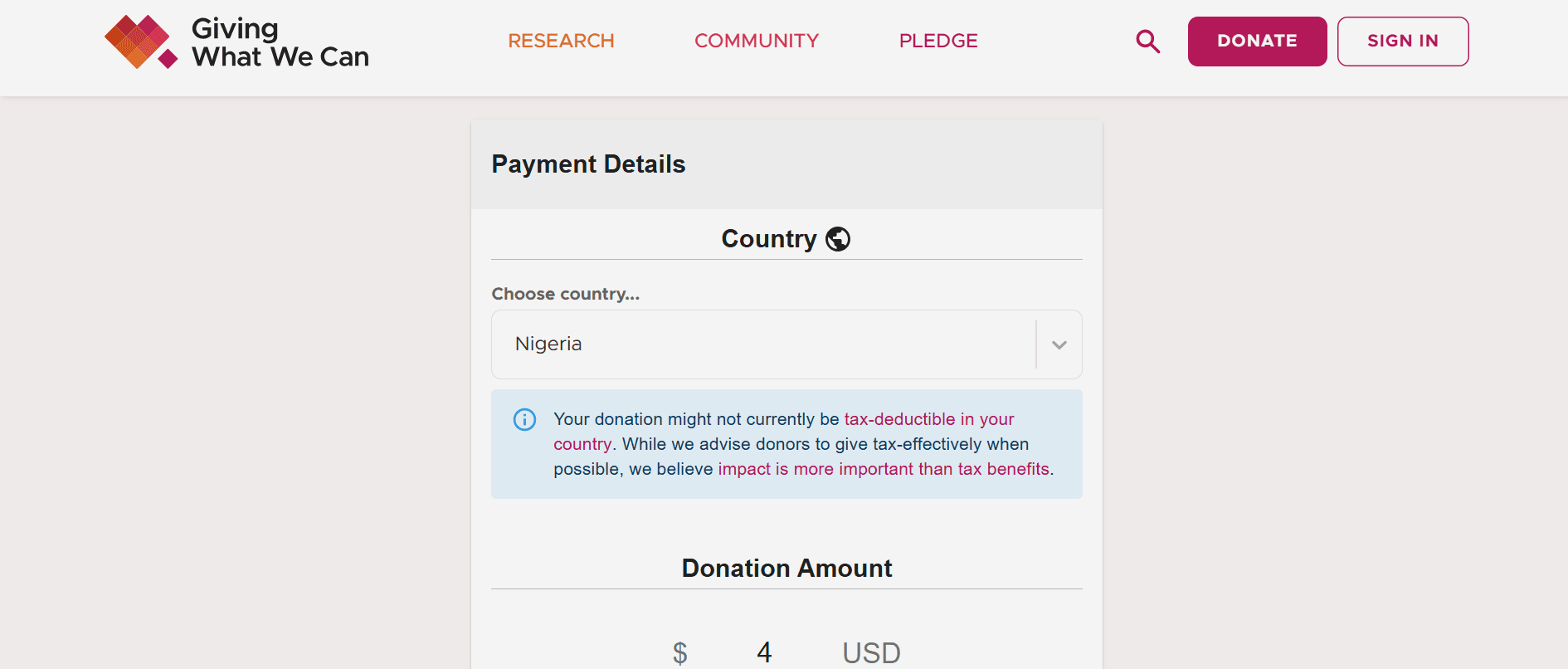Welcome! Use this thread to introduce yourself or ask questions about anything that confuses you about EA, or the EA Forum.
Get started on the EA Forum
The "Guide to norms on the Forum" shares more about the kind of discussions we'd like to see on the Forum, and when the moderation team intervenes. For resources that can help you learn about effective altruism, check this list of links.
1. Introduce yourself
If you'd like, share how you became interested in effective altruism, what causes you work on and prioritize, and other fun facts about yourself, in the comments below (For inspiration, you can see the last open thread here). You can also add this information to your Forum bio to help other Forum users get to know you.

2. Ask questions (and answer others' questions)
If anything about the Forum, or effective altruism in general, confuses you, ask your questions in the comments below, or message me. You can also answer other people's questions or discuss the answers. (You might be interested in sharing your question as its own post, if it's on a more complicated or substantial topic.)
Resources like the EA Handbook and the Topics wiki might be helpful for exploring topics related to effective altruism — see more here.

3. Explore and join the conversation
You can check the resources below, start browsing posts on the Frontpage, or explore the "Best of the EA Forum."
You can also start writing! For exploratory or quick thoughts, consider sharing a "Quick take" (or write a post for longer or more fleshed-out content).
If you're unsure whether your first post is suitable for the Forum (or whether it should be a question, quick take, etc...) message me and I'll look it over.

Featured resources (for everyone)
- How to use the Forum outlines the Forum's rules, answers frequently asked questions, etc.
- The EA Forum Digest is a weekly email that shares some of the Forum team's favourite Forum posts of the week.
- The EA Newsletter is a monthly newsletter that compiles EA-related news from around the world and highlights some opportunities to get involved.




The religious iconography in this post tickles me :)